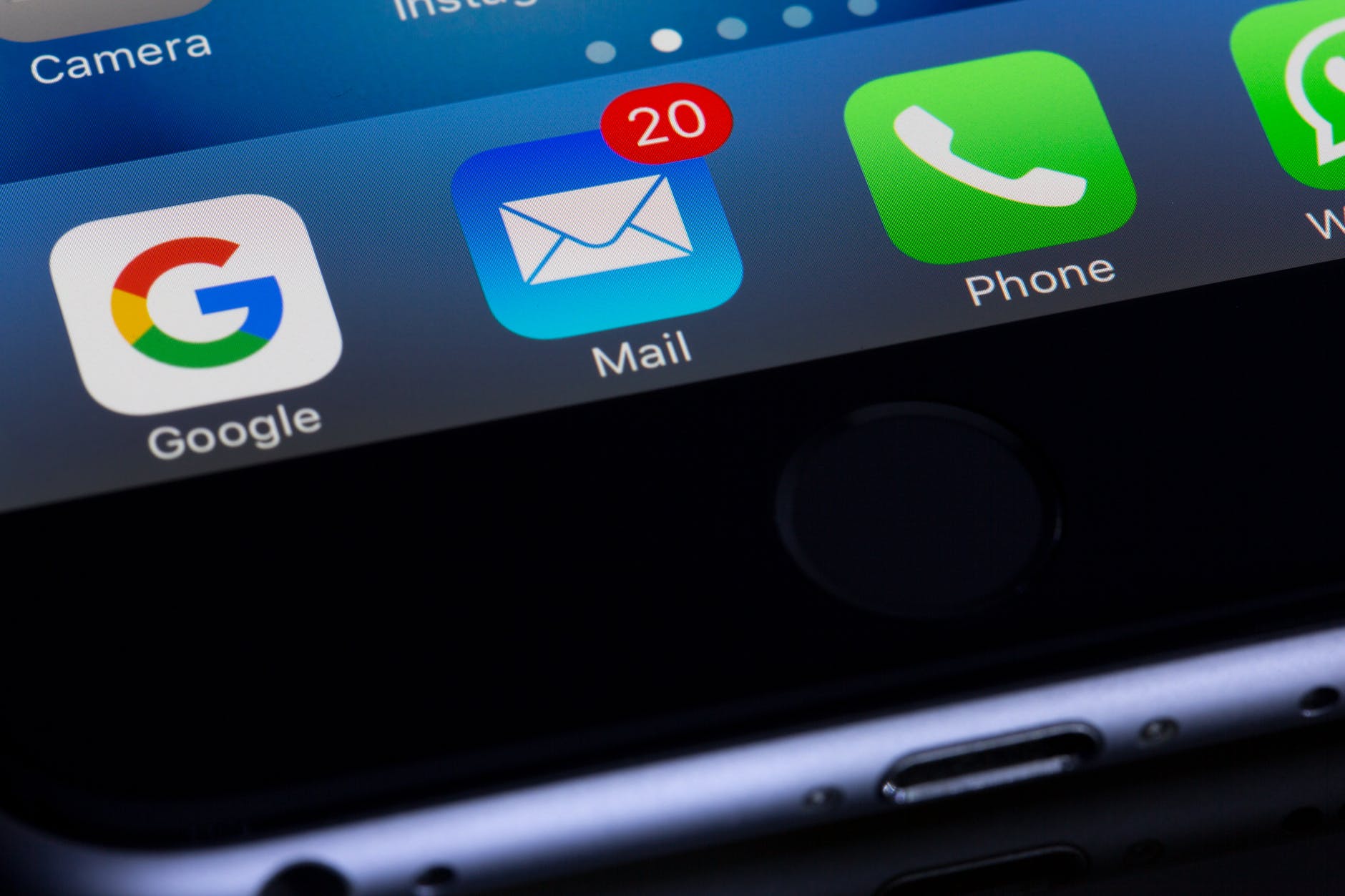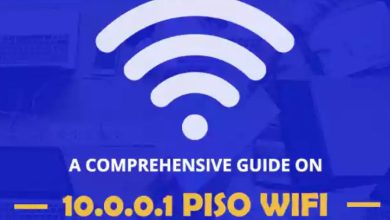How To Protect Your Email Account From Hackers And Scammers

Email is a fairly frequently used means of communication today, but it can also be one of the simplest manners in which scammers and hackers to gain access to your personal information. In this article, y9ou will find some tips on how to protect your email account from these types of attacks. Specifically, we will discuss creating strong passwords, using two-factor authentication, and keeping your computer secure. You can help safeguard your email account from hackers and scammers by following these tips.
Have a Strong Password
When you create a password for your email account, it should be strong. This means that it should contain both uppercase and lowercase letters, numbers, and symbols. It is best to have passwords of 12 characters or more in length.
If your online email provider does not require you to use special characters in your password, consider using them anyway. Doing so will make the password even stronger since fewer people are likely to have access to these types of characters in printed form.
Do not share any passwords with third parties. If someone requests your password, do not give it out without verifying their identity first via phone call or SMS text message (if your login information supports this feature). Also, never send sensitive information like credit card numbers, Social Security numbers, or passwords to anyone who asks you for it.
Create Strong Passwords on Mobile Devices
You will want to keep up the same high standards when creating your password as on a computer on your mobile device. Ensure that your phone is protected from hackers and malware if you tend to utilize public Wi-Fi networks.
Only install apps and programs from trusted sources and delete any unknown programs. Do not download anything other than what is necessary for the given task at hand (i.e., do not download extra games or applications unless they are required). If possible, only open email attachments that you know are safe. Delete any received emails immediately after opening them without reading them in full if you are not expecting them.
Use Two-Factor Authentication
A common way that hackers use to gain access to your email account is by using a technique called “social engineering.” Social engineering occurs when individuals manipulate people into giving up personal or sensitive information over the phone or in person by messing with them at a personal level. However, this type of attack can be easily thwarted through the use of two-factor authentication (2FA). With 2FA, you will need a password and a separate numerical code sent to your mobile device in order to gain access to your email account.
Hackers cannot access your email account with only one piece of information since they do not have your phone. If you enable 2FA, they will not be able to complete the login process because they cannot provide the correct security code without having access to your mobile device.
Keep Your Computer Secure
It is vital to have anti-virus software installed on your computer in order to prevent viruses from compromising your private information. You should also have anti-malware programs that protect your system from malware and ransomware. These programs can automatically run scans that seek out any hidden threats or active infections so that none of these malicious programs get a chance to attack you. In addition, it is a good idea to regularly update both your anti-virus software and operating system with the latest security patches. This way, you will know for certain that all of your software is up to date and secure.
Be Careful When Using Public Networks
You will want to take extra precautions when using public networks (such as those at coffee shops, airports, etc.). These can be dangerous since it is possible for hackers who are nearby to monitor the information that your device sends over the Internet. This type of attack is called “public Wi-Fi sniffing.” You should not roll out any personal data on these networks (i.e., do not access websites with sensitive login information like where you bank or shop online).
Limit the Junk Mail You Receive
If you are concerned about your email account being hacked, then you may want to learn how to stop junk mail by altering your settings. You can set up an automated rule that moves any emails sent by specific addresses into a separate folder (and ultimately deletes them). This way, if someone tries to advertise through unsolicited email messages, the message will be automatically moved out of sight and never bother you again.
Spam can be one of the ways scammers try to get to you. To protect yourself, do not open any emails that you are not expecting to receive. Delete them immediately if they were sent out of the blue, and resist the urge to click on any links or download anything attached because these can be malicious programs.
Conclusion
Protecting your email account is an important step in protecting your identity online. Hackers are becoming more and more sophisticated with each passing day, which means that individuals need to be proactive about cyber security if they want to remain safe. By following the steps outlined above, you will be able to put certain safeguards in place that make it much harder for hackers or scammers to get access to your sensitive data.




